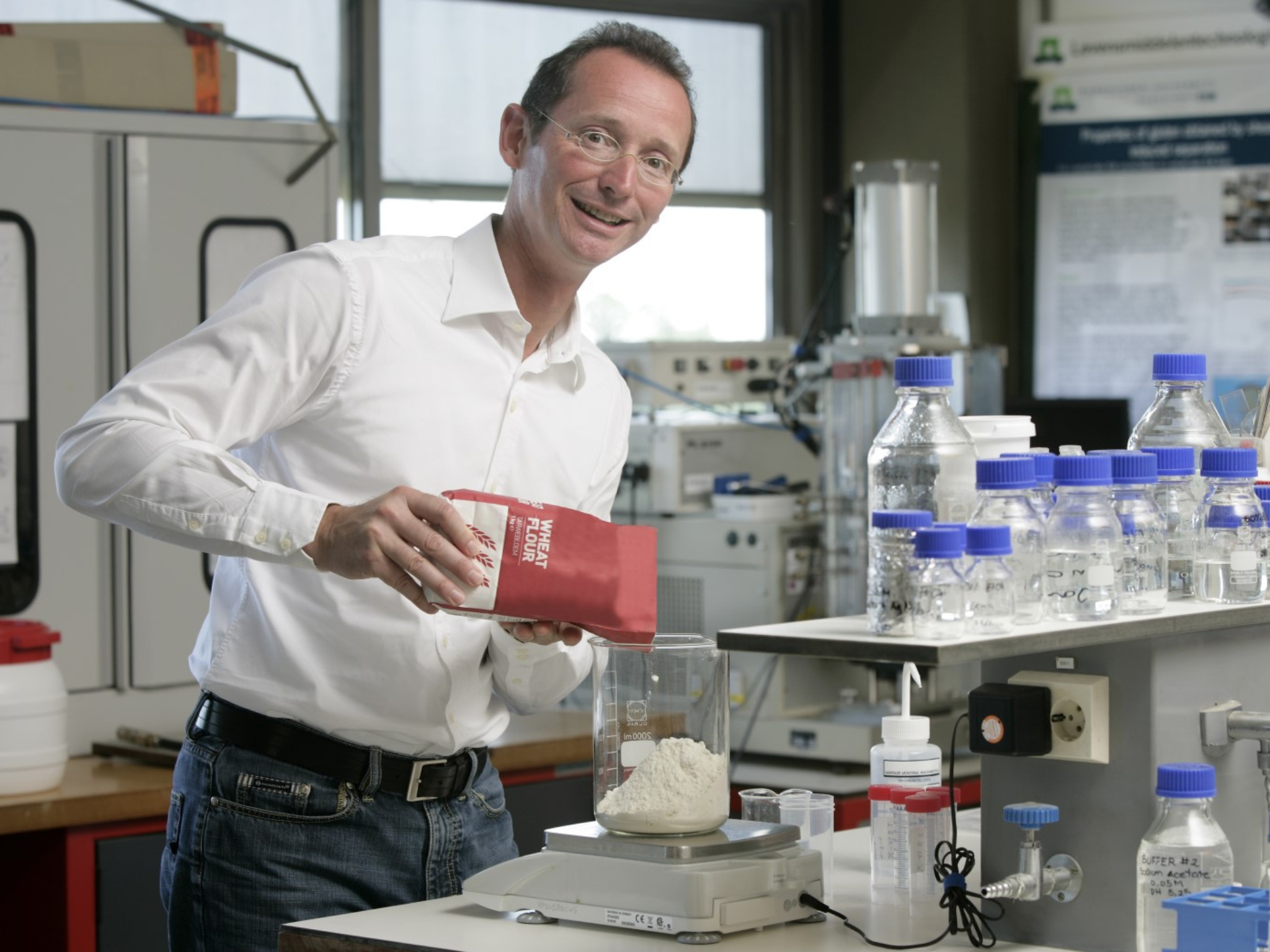Ozempic Maker Pumps $7.6M in AI Project to Make Non-UPF Plant-Based Meat
5 Mins Read
Danish pharma giant Novo Nordisk has provided a grant worth 50 million kroner ($7.6M) to the University of Copenhagen to develop less processed plant-based proteins.
As meat alternatives continue to be scrutinised for their level of processing, a new University of Copenhagen project aims to tackle this with food science and artificial intelligence (AI).
Running over the next seven years, the AI4NaturalFood project is backed by a 50 million kroner ($7.6M) grant from the Novo Nordisk Foundation, which owns the eponymous pharmaceutical giant famous for diabetes and obesity medications like NovoRapid, Ozempic, and Wegovy.
The investment is part of the company’s Recruit grant, which aims to help Danish universities attract top researchers and build strong ecosystems within certain areas of support.
It comes weeks after Novo Nordisk came under heavy criticism by nutrition researchers for another project, which aims to create the “next generation” of the Nova classification, the tiered system that groups foods by the amount of processing.
Mild processing is more complex – AI can help simplify it

The AI4NaturalFood project is being helmed by Remko Boom, who spent 26 years studying plant-based foods at Wageningen University & Research, and is starting a new research group at the university’s food science department, called Food Materials Engineering.
He will work with data scientists from the university to develop new experimentation processes that generate sufficient data and create AI models to interpret the information.
“Food is fundamentally very complex. A piece of bread contains hundreds of different substances interacting with each other: there’s a molecular structure, a colloidal structure, a microscale structure, [a] macroscale structure – there’s structure everywhere. And this structure largely determines the properties,” he explained.
“In food science, we traditionally tried to reduce these complexities, to make it possible to understand what is happening. I think that now is the time that we, as food scientists, should not shy away from the complexity, but instead aim for it. With the availability of AI, we can begin to capture all these interactions and use them rather than trying to avoid them.”
Boom argued that mild processing retains more of the plant’s natural structure and composition, which makes it more complex to work with. This is where AI comes in. “Rather than the elaborate and costly process of breaking down raw materials and then rebuilding a product from the resulting refined ingredients, we’re going to use much simpler methods to create enriched fractions and then use AI to predict how we can combine them into good foods,” he said.
“It could perhaps ultimately predict how food products will turn out before even starting the production process. In the future, it could even help us determine which crops are best suited for specific food applications.”
With these “simpler” methods, he noted that proteins sourced from legumes, seeds and other plants would be able to retain more of the original structure and nutrients from the raw materials. “We have already proven the principle and got some very nice products from it. And most importantly, we can do it with a lot less energy and water use,” he said.
Nutrition experts slam Novo Nordisk’s ‘Nova 2.0’ project

Novo Nordisk has had a profound impact on the food system, thanks to the immense popularity of its appetite-suppressing drugs, Ozempic and Wegovy. They’re part of a class of GLP-1 agonist drugs that have taken the US by storm – and now, the world – by storm.
The company is not only targeting weight loss and less processed foods, it’s also aiming to redefine what ‘ultra-processed’ means. Plant-based meat products have been stuck with this tag, which has partly contributed to their slowdown in sales and investment over the last couple of years.
In October, Novo Nordisk announced a two-year project to “develop a scientifically based understanding” of the importance of different food processing methods. In other words, the research is focusing directly on the nutritional content of foods, rather than the production process.
However, the effort has been labelled “deeply problematic” by over 90 health and nutrition scientists, who wrote an open letter calling out the company’s “vested financial interests”. It was co-signed by experts like NYU Professor Emerita Marion Nestle and infectious disease doctor Chris van Tulleken (author of Ultra-Processed People).
“This initiative involves, and is being promoted by, scientists who have been paid by food companies in the past, including Arla, McDonald’s, McCain Foods, Nestlé and others,” said Phillip Baker, a research fellow at the University of Sydney, another signatory of the letter.
Professor Carlos Monteiro, who led the University of São Paulo team that developed the original Nova classification, strongly denounced Novo Nordisk’s ‘Nova 2.0’ project: “Do not use the term Nova in the title or objectives of your project. Do not refer to your project as an improvement or new version of the Nova classification. Do not suggest that your project has any connection with the Nova classification or its creators”.
Novo Nordisk is yet to respond to the reaction, and is pressing ahead with its initiative for now. As for the AI4NaturalFood project, it opens to bridge the gap between food and data science, adding to a growing list of AI-led efforts to advance alternative proteins.
“Historically, food scientists and AI researchers have operated in separate worlds,” said Boom. “Food scientists focus on experimentation, while AI experts often work on, for example, logistical problems. With this grant, we’re in these fields together, working on the same thing. And this is how we can really create something new and innovative.”



